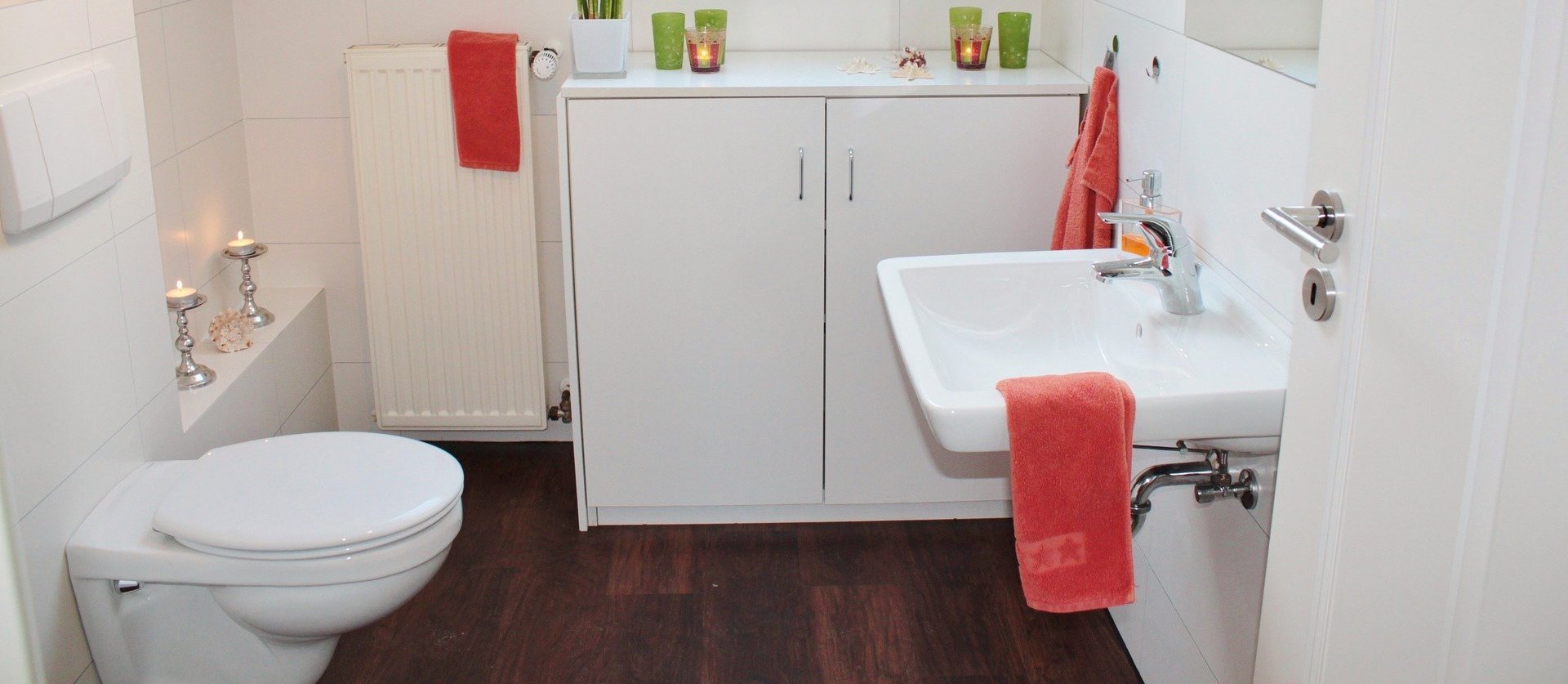Can Legionnaires’ be Spread Through Toilet Flushing?
Posted on 22nd October 2020
Two patients who stayed in the same room at a Paris hospital were confirmed to have been infected with L. pneumophila.
The two patients occupied the same hospital room but did so five months apart. Whilst water from the shower and sink in the same room tested negative, the toilet bowl showed contamination. Samples of water taken from other toilets in the rooms surrounding were all negative. It is likely that they contracted the disease through inhaling contaminated toilet water that was aerosolised during flushing

The two patients included in the report did have more than their room number in common. They both had very weakened immune systems. One patient was an 18-year-old who received a bone marrow transplant. This procedure comes with immunosuppressive drugs. The other patient was a 51-year-old man being treated for Hodgkin lymphoma, a type of cancer of the immune system. Both conditions created a weakened immune system that allowed entry of this harmful pathogen. Each patient recovered after treatment with antibiotics.

While anyone can become sick from Legionella infection, as with most diseases, there is group of higher-risk individuals that are more prone to severe illness as a result of exposure to the pathogen. This includes: the elderly, those with a history of smoking, anyone suffering from chronic lung disease (such as asthma, COPD, lung cancer, etc.), and those with a weakened immune system.
The findings are teaching us that although these findings are very rare, we need to close the toilet lid before flushing to help prevent the spread of harmful pathogens. Those in a higher risk category should always be closing the toilet lid before flushing.
Remember, we are always here to help! If you have any questions please call us on 0800 121 8808 today and one of our friendly experts will be happy to help.
Share this post:


